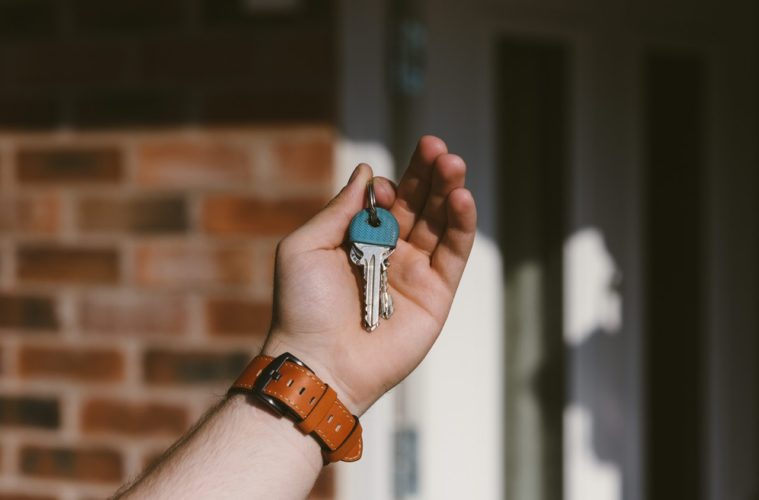You may think that since you’re self-employed, getting approved for a mortgage will be next to impossible. It’s challenging to show that you have a steady stream of work with a consistent income. How can you should the lender that you’ll be able to afford your monthly mortgage payments if your income is different every month?
Just because you’re self-employed, that should stop you from trying to get a mortgage. In fact, many self-employed people have no problem getting a mortgage, as long as they are prepared with the correct documents.
We help break down what you all need to get a self-employed mortgage, especially if you’re a first-time buyer.

Use a Mortgage Calculator
It’s never a bad idea to get an estimate of how much you can afford before you start to think of buying a house seriously. One way of doing that is by using a mortgage payment calculator, like the one from Fidelity Mortgage.
A mortgage payment calculator helps give you an understanding of what you’re monthly payments would look like according to the price of a particular house, the interest rates, and what you have for a down payment. You’ll be able to see if you actually can afford a mortgage, or if you need to hold off for a little while longer.
Prove Your Work History
Work history is essential for anyone applying for a mortgage, especially for someone who is self-employed. You want to prove to the bank or your lender that you’ve had consistent work for the last couple of years (aim for at least two years) and that you still have work to keep you afloat. Gather all the necessary documents that show what you do for work, who your clients are, and how long you’ve been working with them.

Gather Financial Statements
Just as your work history is important to show that you have a job, so too is your financial history. Your finances will tell the lender whether or not you can afford a mortgage and how much. Any financial statements you have (tax returns, pay stubs, anything else you use to keep track of your income when self-employed), gather them along with your work history to submit to your lender.
Watch Out for Tax Deductions
If you’re self-employed looking to buy a house, you may be surprised to hear that all of those tax deductions you benefit from can actually hurt you when you’re applying for a mortgage. That is because each tax deduction you use actually lowers your taxable income.
When lenders look at your yearly statements, they look at your after-deduction income. So, if you claim quite a bit of deduction with your business, be prepared for it to significantly lower your income in the eyes of the lender.
Have a Sizeable Down Payment If you want to help your chances of getting approved for a mortgage even more, save up a sizeable down payment. The higher your down payment is, the lower of a mortgage you need to pay off the rest of the house. This means that you’ll also have a lower monthly mortgage payment. It just helps to make your house more affordable in the eyes of the lender

